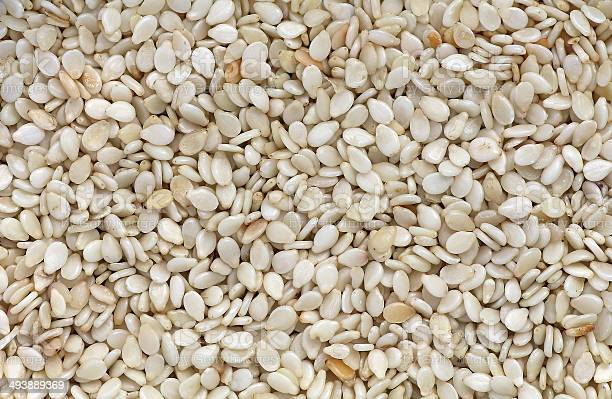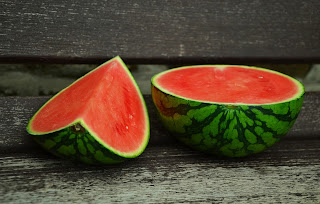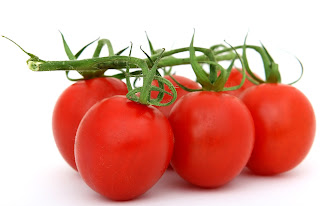5 Proven Health Benefits of Ginger

Ginger is a flowering plant that originated in Southeast Asia. It’s among the healthiest (and most delicious) spices on the planet. It belongs to the Zingiberaceae family, and it’s closely related to turmeric, cardamom, and galangal. The rhizome (underground part of the stem) is the part commonly used as a spice. It’s often called ginger root or, simply, ginger. Ginger can be used fresh, dried, powdered, or as an oil or juice. It’s a very common ingredient in recipes. It’s sometimes added to processed foods and cosmetics. Here are 11 health benefits of ginger that are supported by scientific research. 1. Contains gingerol, which has powerful medicinal properties Ginger has a very long history of use in various forms of traditional and alternative medicine. It’s been used to aid digestion, reduce nausea, and help fight the flu and common cold, to name a few of its purposes. The unique fragrance and flavor of ginger come from its natural oils, the most important of which is gingerol. Gin...













